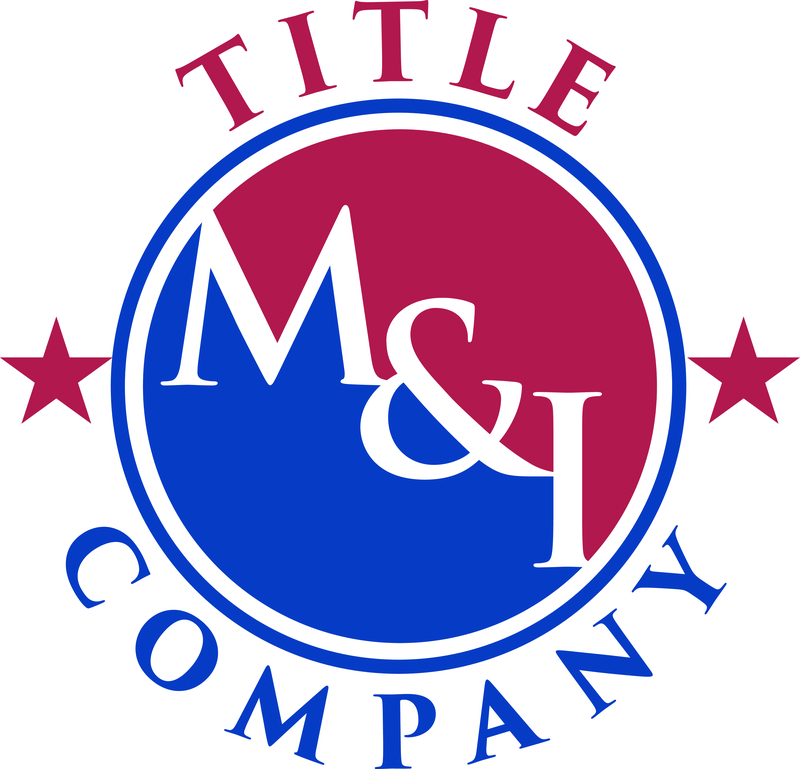UPDATE December 17, 2014 – Congress has passed an extension of the Mortgage Forgiveness Debt Relief Act of 2007 through December 31, 2014 – It is part of a bill that has been sent to President Obama for his approval. This falls short of the two year extension the National Association of REALTORS (NAR), among other groups, was pushing for which would have covered next year as well, but is at least some relief for those affected this year.
The Mortgage Forgiveness Debt Relief Act of 2007 provided relief for homeowners that receive forgiveness on some of their mortgage debt (such as is the case on a short-sale) in the form of removing their obligation to pay income tax on the amount of their debt that was forgiven by their lender. Originally, the Mortgage Forgiveness Debt Relief Act, was to expire at the end of 2012 but was later extended through the end of 2013 and on April 3rd of this year the Senate Finance Committee approved a bill that, if passed, would reinstate a bunch of tax provisions that expired at the end of 2013, including the Mortgage Forgiveness Debt Relief Act of 2007 , through December 31, 2015. Thus far, the bill has not passed and now many are concerned that it may not which will leave all the people that did short sales this year, or had debt relieved in some other manner, possibly owing income tax on the forgiven debt.
The National Association of REALTORS (NAR) have issued a call to action to it’s 1 million plus members asking them to urge their Member of Congress and Senators to act on “The Mortgage Forgiveness Tax Relief Act” before the end of 2014. Apparently, the stumbling block to getting this extended has been politics…shocker, right? The Democratic Majority Leader of the Senate, Harry Reid, according to the NAR website, “refused to allow an open amendment process” which then, in turn, the Republicans “exercised their rights to prevent the bill from moving to a vote.”
Should the Mortgage Forgiveness Debt Relief Act of 2007 be extended?
Search ALL St Louis Homes For Sale
See ALL Homes That Will Be Open In St Louis This Weekend
Recent Settlements With Major Lenders Throw Fuel On The Fire
There have been recent settlements made between U.S. Government regulators and major lenders over various mortgage related issues and many of those settlements, including JpMorgan Chase and Ocwen include “consumer relief” which is primarily in the form of principal reduction modifications or, in other words, “forgiven debt”.
What is “Mortgage (or debt) Forgiveness”?
Two common examples of mortgage forgiveness are:
- The principal amount of your home loan was reduced as a result of your lender restructuring your loan.
- Your lender agreed to allow you to do a short sale.
- You lost a home in foreclosure and were forgiven of the shortfall
Here is the definition of “cancellation of debt” from the IRS:
If you borrow money from a commercial lender and the lender later cancels or forgives the debt, you may have to include the cancelled amount in income for tax purposes, depending on the circumstances. When you borrowed the money you were not required to include the loan proceeds in income because you had an obligation to repay the lender. When that obligation is subsequently forgiven, the amount you received as loan proceeds is normally reportable as income because you no longer have an obligation to repay the lender. The lender is usually required to report the amount of the canceled debt to you and the IRS on a Form 1099-C, Cancellation of Debt.
What does the Mortgage Forgiveness Debt Relief Act do to help?
If you received forgiveness of mortgage debt, and you qualify, then all you need to do is complete a couple lines of information on IRS Form 982 (specifically, lines 1e, 2 and 10b) and then you won’t be subject to tax on the forgiven debt.
Prior to passage of the Mortgage Forgiveness Debt Relief Act of 2007 there were some situations where debt could be forgiven and you were not subject to tax on the forgiven debt. The IRS gives the following exemptions on their website:
- Bankruptcy: Debts discharged through bankruptcy are not considered taxable income.
- Insolvency: If you are insolvent when the debt is cancelled, some or all of the cancelled debt may not be taxable to you. You are insolvent when your total debts are more than the fair market value of your total assets.
- Certain farm debts: If you incurred the debt directly in operation of a farm, more than half your income from the prior three years was from farming, and the loan was owed to a person or agency regularly engaged in lending, your cancelled debt is generally not considered taxable income.
- Non-recourse loans: A non-recourse loan is a loan for which the lender’s only remedy in case of default is to repossess the property being financed or used as collateral. That is, the lender cannot pursue you personally in case of default. Forgiveness of a non-recourse loan resulting from a foreclosure does not result in cancellation of debt income. However, it may result in other tax consequences.
Now, as a result of The Mortgage Forgiveness Debt Relief Act of 2007, if the debt that was forgiven was on a qualified principal residence, then that will be an exception as well.
For complete details on the above exceptions see IRS Publication 4681. (at the time I wrote this the IRS did not have the publication posted at the site, just a notice it was coming).
What years does the Mortgage Forgiveness Debt Relief Act apply to?
Originally the Act only applied to forgiven debt in 2007 – 2009 but subsequently was extended to include canceled debt during the years 2007 through 2013.
How much forgiven debt is covered?
Under this Act, the maximum amount you can treat as qualified principal residence indebtedness is $2 million ($1 million if married filing separately the tax year).
Does the Mortgage Forgiveness Debt Relief Act apply to purchase loans only or are refinanced mortgages included?
Debt used to refinance your home qualifies for this exclusion, but only to the extent that the principal balance of the old mortgage, immediately before the refinancing, would have qualified.
How will I know how much of my debt was canceled or forgiven?
Most lenders will send you a 1099-C in the mail which is an IRS form that states the amount of the canceled debt.
I hope this helps. Remember, I am not a CPA or tax attorney (or any other kind of attorney for that matter) so this article is for general information only. Be sure to consult your CPA and/or tax attorney to address your specific situation.


